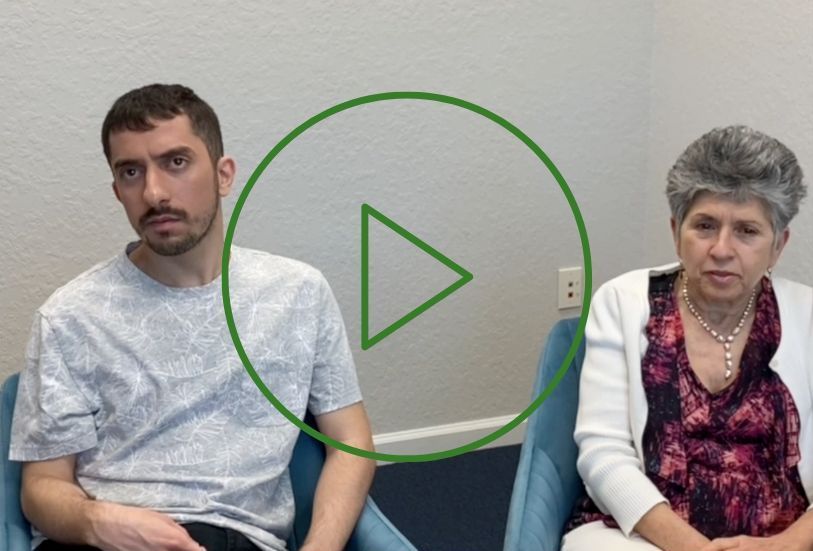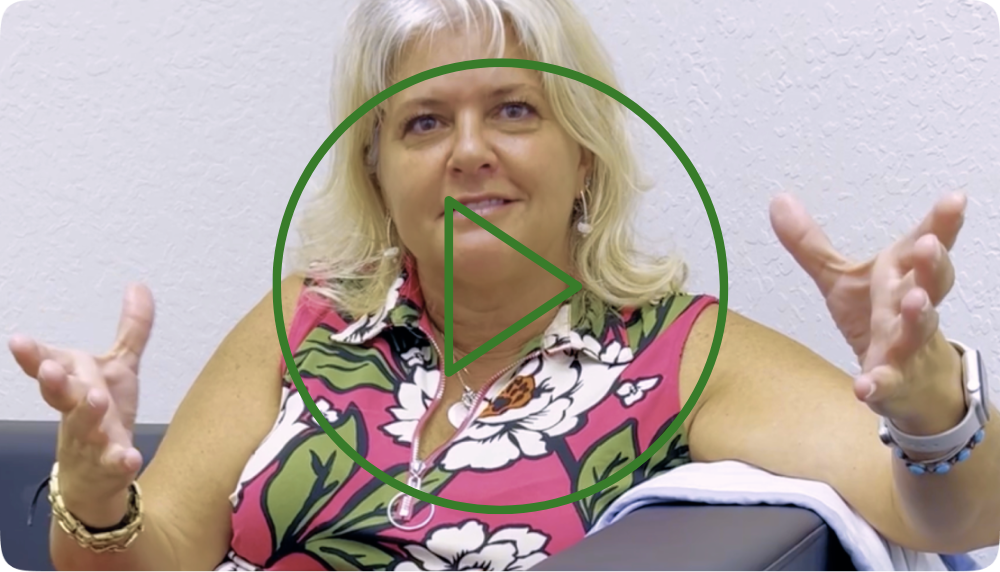Delray Beach’s Leading Clinic for Psychiatry and PrTMS Therapy
Your Destination for Neurocognitive Care & Wellness
Located in the heart of Delray Beach, Brainstorm Florida stands at the forefront of mental health innovation, offering cutting-edge, non-invasive treatments that transform lives. Our mission is simple yet profound: to pioneer the future of wellness by uniting breakthrough neuroscience with integrative therapies.
Impactful Mental Health and Wellness Statistics
We believe data tells a powerful story of hope and transformation. These statistics highlight the importance of quality mental health care and the impact it has on lives, reflecting our commitment to making a difference in the community and beyond.
1 in 5
Adults in the U.S. face mental health conditions annually, emphasizing the need for quality care.
70%
PrTMS® patients see mood and cognitive improvements within just 8 weeks.
40%
Wellness interventions reduce anxiety and depression symptoms significantly.
90%
Brainstorm Florida clients feel empowered and supported on their journey.
About Brainstorm Florida: Transforming Mental Health in Delray Beach
Redefining mental health care in Delray Beach with innovative, non-invasive treatments and compassionate support. Empowering individuals to overcome challenges like depression, anxiety, and PTSD, while fostering lasting wellness and vitality.
Innovative Care, Compassionate Support, Lasting Wellness
At Brainstorm Florida, we specialize in advanced mental health solutions that combine cutting-edge neuroscience with integrative therapies. Located in the heart of Delray Beach, our clinic is dedicated to helping individuals overcome mental health challenges and achieve lasting wellness.
What We Do:
- Personalized PrTMS® Therapy: Non-invasive, brain-mapping technology to treat depression, anxiety, PTSD, and more.
- Comprehensive Psychiatry Services: Board-certified psychiatrists offering evaluations, medication management, and therapy.
Our mission is to empower you to reclaim your vitality and live a balanced, fulfilling life. Whether you’re seeking relief from mental health conditions or looking to enhance your overall wellness, Brainstorm Florida is here to guide you every step of the way.
Revolutionary Mental Health Services in Delray Beach
Explore our specialized services designed to address complex mental health needs through innovative and compassionate approaches.
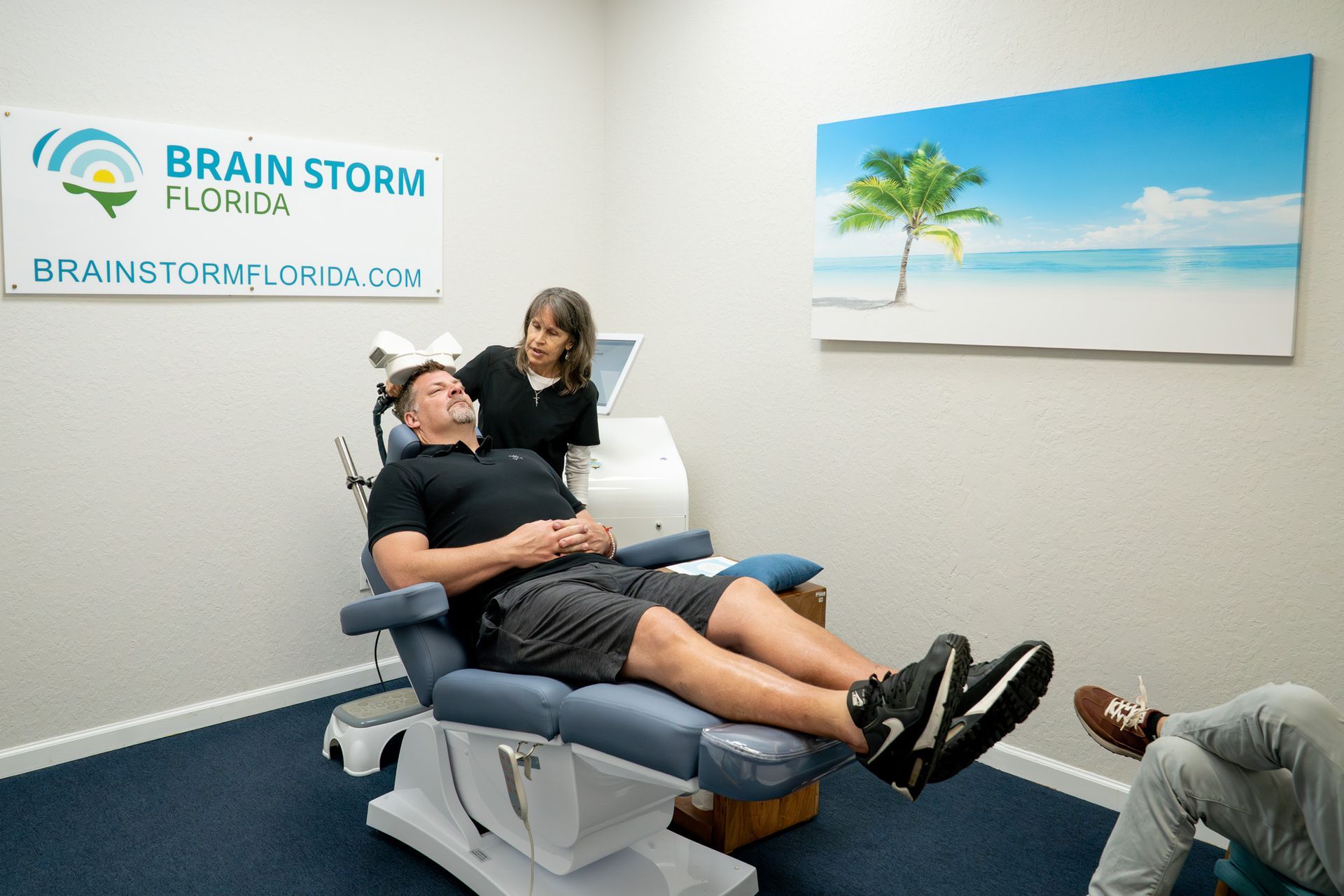
Advanced PrTMS Therapy
Personalized repetitive Transcranial Magnetic Stimulation (PrTMS®) uses advanced brain mapping to deliver targeted, non-invasive treatments that support mood, focus, and cognitive health—without medication side effects.
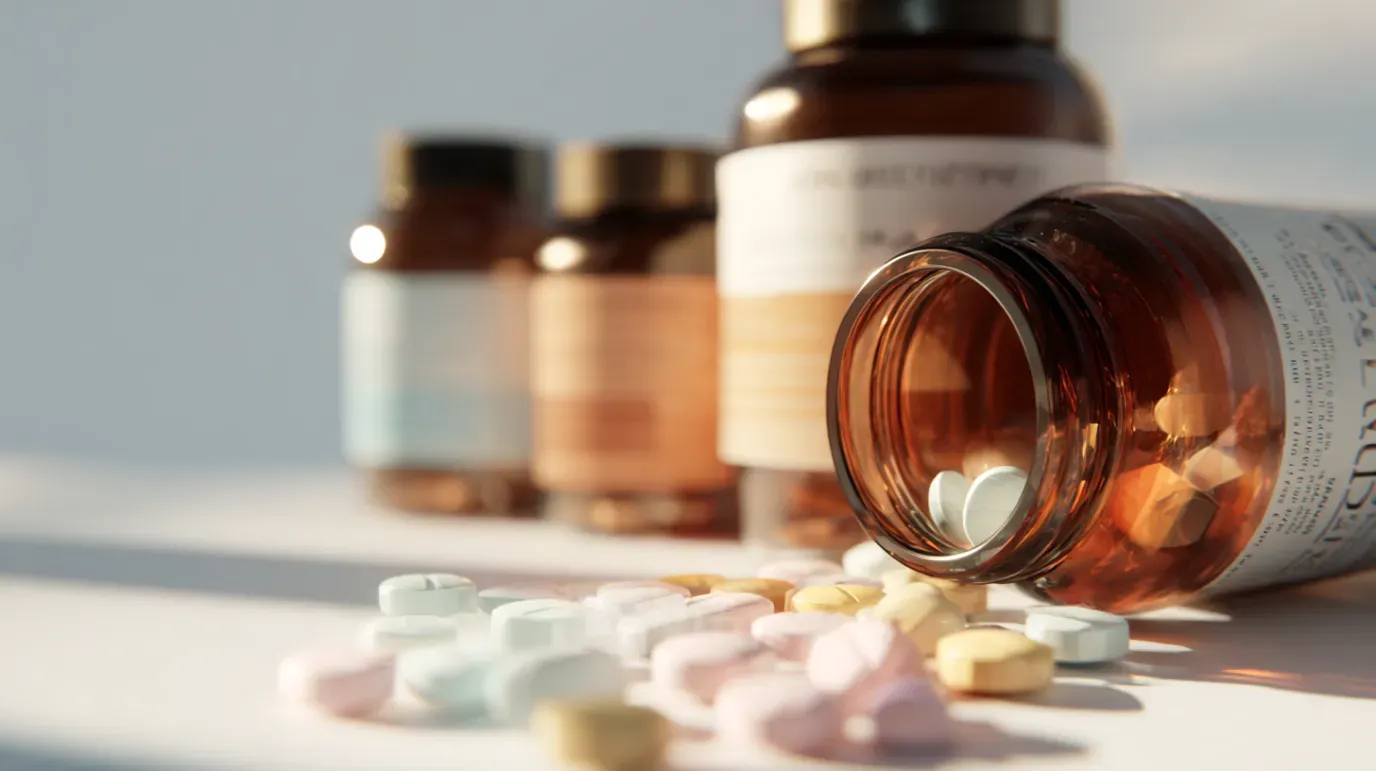
Suboxone Maintenance Services
Access compassionate Suboxone treatment for opioid addiction through our outpatient clinic. Our personalized care plans combine FDA-approved medication with counseling and mental health support for lasting recovery.

Behavioral Health Services
Board-certified psychiatrists provide thorough evaluations, create individualized treatment plans, and support clients through complex mental health issues such as depression, anxiety, trauma, and neurodevelopmental disorders.

Medication Management
Careful monitoring and specialized medication plans help optimize results, minimize side effects, and ensure the safest, most effective use of pharmaceuticals as part of a holistic mental health approach.

Therapy and Counseling
Experienced therapists offer evidence-based counseling to address challenges ranging from stress and life transitions to trauma and persistent mental health conditions—empowering you to achieve lasting well-being.
Insurance Plans We Accept
We partner with leading insurance providers to ensure you get the care you need without the financial stress

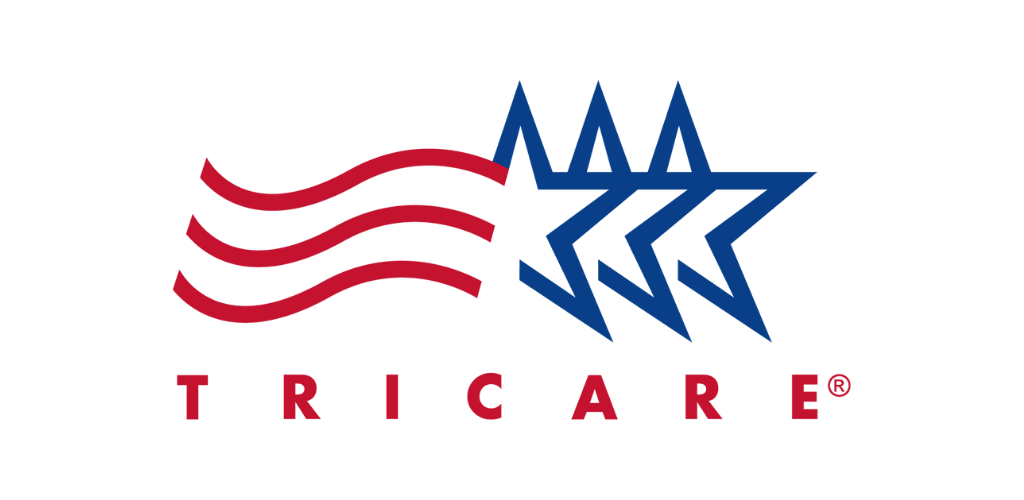

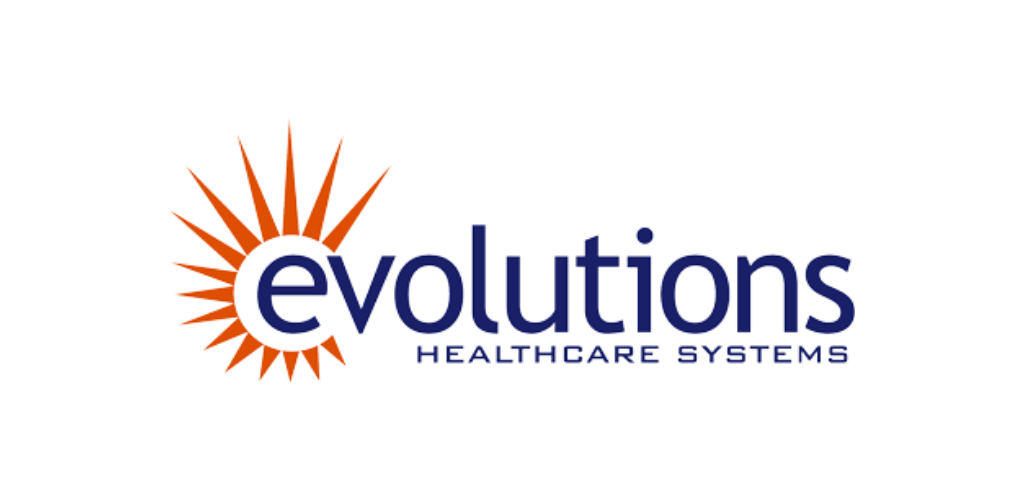

Our Approach: Your Journey to Wellness
Experience a personalized, step-by-step approach to mental wellness, combining advanced therapies and compassionate care to help you thrive.
01
Schedule Your Free Consultation
Connect with our expert team in Delray Beach to discuss your goals and challenges. Book online or call us to take the first step toward personalized care.
02
Discover Your Tailored Plan
We craft a treatment plan as unique as you are, combining advanced therapies and integrative care to meet your specific needs.
03
Transform Your Life
Begin your journey with cutting-edge, non-invasive treatments designed to restore balance, clarity, and confidence.
Mental Health Conditions We Treat in Delray Beach, FL
Experience advanced, compassionate care for a broad spectrum of mental health and neurocognitive conditions. Personalized treatment programs are designed to help reclaim balance, achieve mental clarity, and boost overall well-being.
Depression
Step out from the shadows and rediscover hope. We focus on treating root causes, building healthy coping strategies, and guiding you toward lasting emotional well-being.
Anxiety
Find calm amidst overwhelming fears and worries. Our evidence-based interventions teach practical techniques to manage stress, cultivate mindfulness, and bring balance back into your life.
PTSD
Reclaim your life from the grip of past trauma. With our trauma-informed care and compassionate support, we help you build resilience and restore a sense of security.
ADHD
Tap into your full potential by mastering focus and organization. We offer individualized therapy, coaching, and strategies to empower you at work, school, and home.
OCD
Break free from obsessive thoughts and compulsive behaviors. Through structured, research-backed methods, we guide you toward healthier thought patterns and renewed peace.
Autism Spectrum
Receive tailored, supportive care for individuals on the autism spectrum. We focus on improving communication skills, social interactions, and nurturing unique strengths.
Explore our full list of conditions and discover how Brainstorm Florida can help you or your loved ones achieve lasting wellness.
Client Success Stories in Delray Beach, FL
Real stories. Real results. Our clients have reclaimed their lives, achieved brighter outlooks, and restored balance with our personalized mental health care. Discover how compassionate, expert guidance can make all the difference, contact us today for a free consultation and let us support your journey to wellness.
“The nervous system has dramatically, dramatically changed”
Meet Marco. At 32, he’s been living with pervasive developmental delay—but since beginning PrTMS® treatment here at Brainstorm Florida, his journey has taken a powerful turn. He’s calmer, more expressive, and his nervous system is showing real signs of balance and healing
“I feel back to my old productive, I got this self!”
Trish helps explain what her personalized TMS (PrTMS®) treatments have done for her life as a successful business executive who was suffering from brain fog and trouble remembering things.
Your Questions, Answered
We’re here to provide clear, honest answers to help you navigate your mental wellness journey with ease. Explore our most frequently asked questions to make informed decisions about your care.
What is PrTMS therapy and how does it work?
PrTMS® (Personalized repetitive Transcranial Magnetic Stimulation) is a non-invasive treatment that uses targeted magnetic pulses to stimulate specific brain regions. This therapy is customized through brain mapping to effectively address conditions like depression, anxiety, PTSD, and more, while minimizing side effects.
Do you accept insurance for mental health services?
Yes, we accept a variety of insurance plans to make our services accessible. Contact us to verify your coverage and learn more about payment options.
What should I expect during my first appointment?
Your first visit includes a comprehensive consultation where we’ll discuss your symptoms, goals, and treatment options. Our team will guide you every step of the way to ensure you feel comfortable and informed.
Are your treatments safe for veterans and first responders?
Absolutely. We specialize in trauma-informed care tailored to the unique needs of veterans and first responders, ensuring safety and effectiveness.
How do I schedule an appointment or consultation?
Scheduling is easy! Call us at (561) 560-0021 or book online to secure your free consultation with our expert team.

